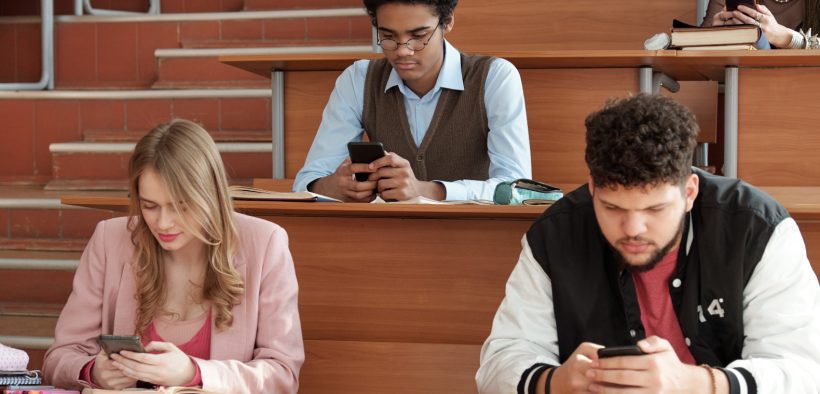Teachers do have power, but it’s not absolute—as witnessed by students’ ongoing, widespread use of cell phones during class and online instruction. While policies abound, enforcement has proven difficult. True, faculty can prevent most students from using their phones, but as Karlin (2021) points out, “the price of compliance is high,” and that price often includes less learning in the course.
Cell Phone Policies and Power Sharing

Related Articles
I have two loves: teaching and learning. Although I love them for different reasons, I’ve been passionate about...
Active learning is a mostly meaningless educational buzzword. It’s a feel-good, intuitively popular term that indicates concern for...
Perhaps the earliest introduction a student has with a course is the syllabus as it’s generally the first...
Generative AI allows instructors to create interactive, self-directed review activities for their courses. The beauty of these activities...
I’ve often felt that a teacher’s life is suspended, Janus-like, between past experiences and future hopes; it’s only...
I teach first-year writing at a small liberal arts college, and on the first day of class, I...
Proponents of rubrics champion them as a means of ensuring consistency in grading, not only between students within...







